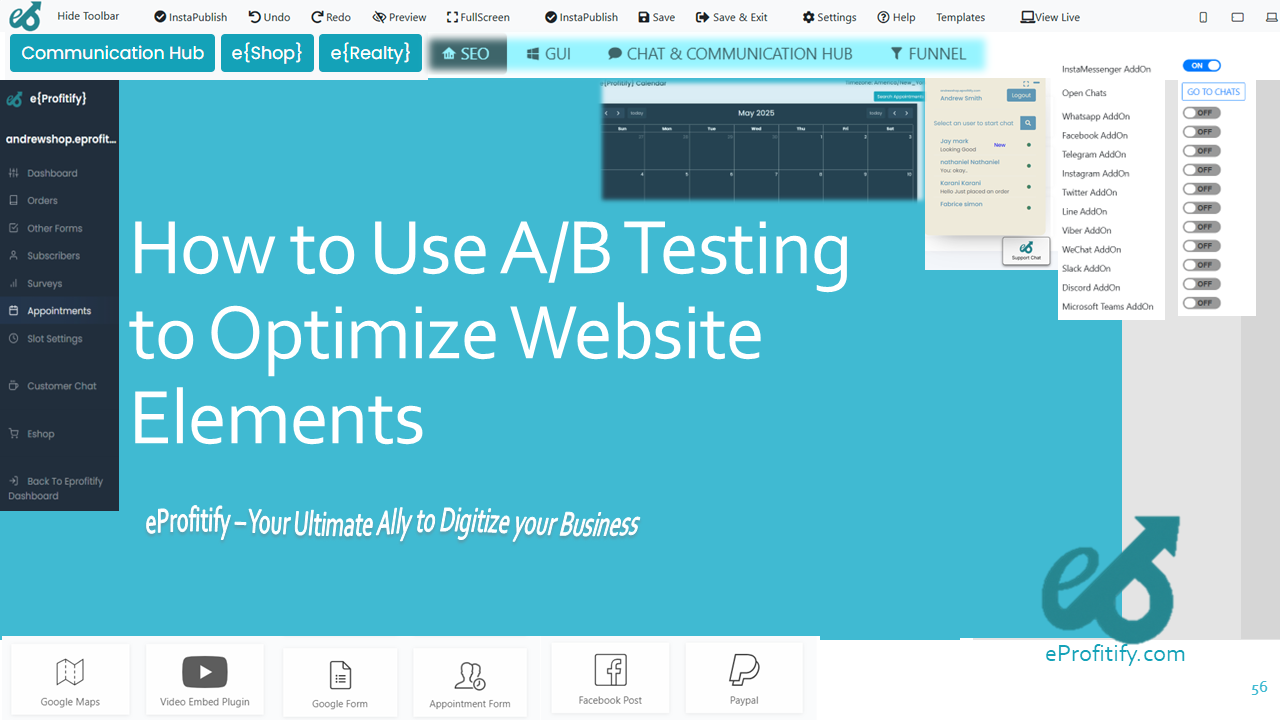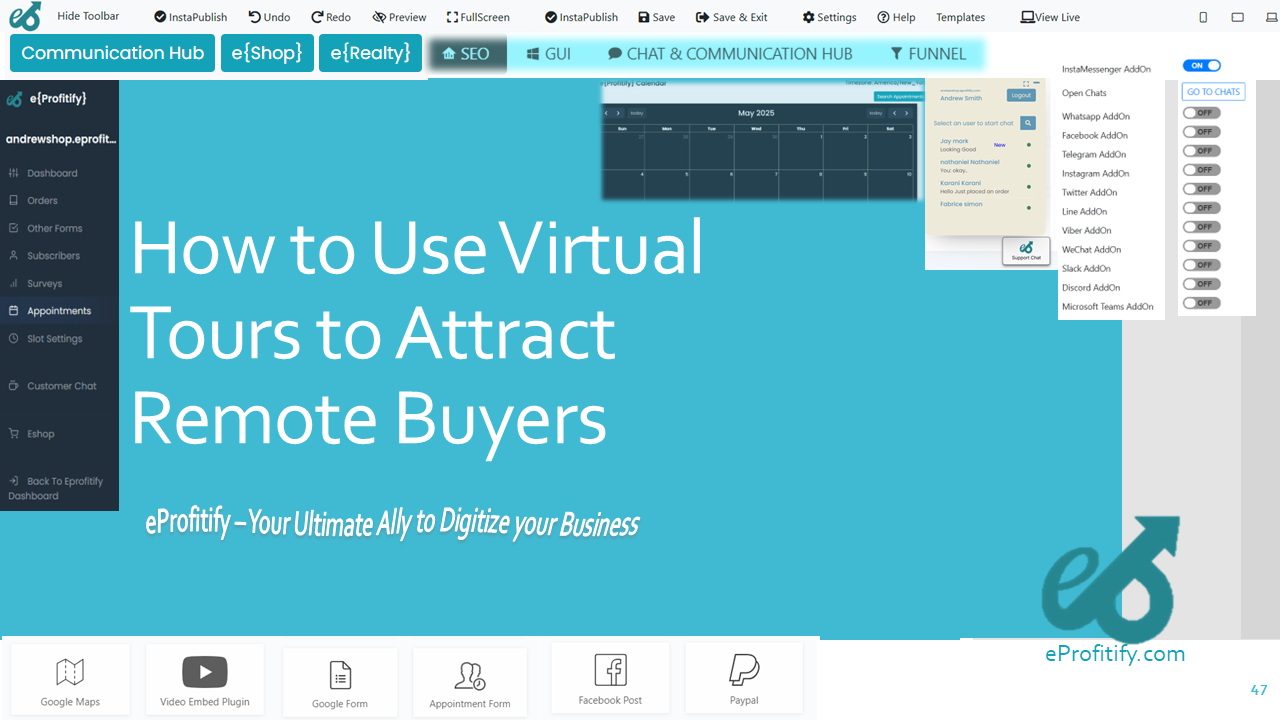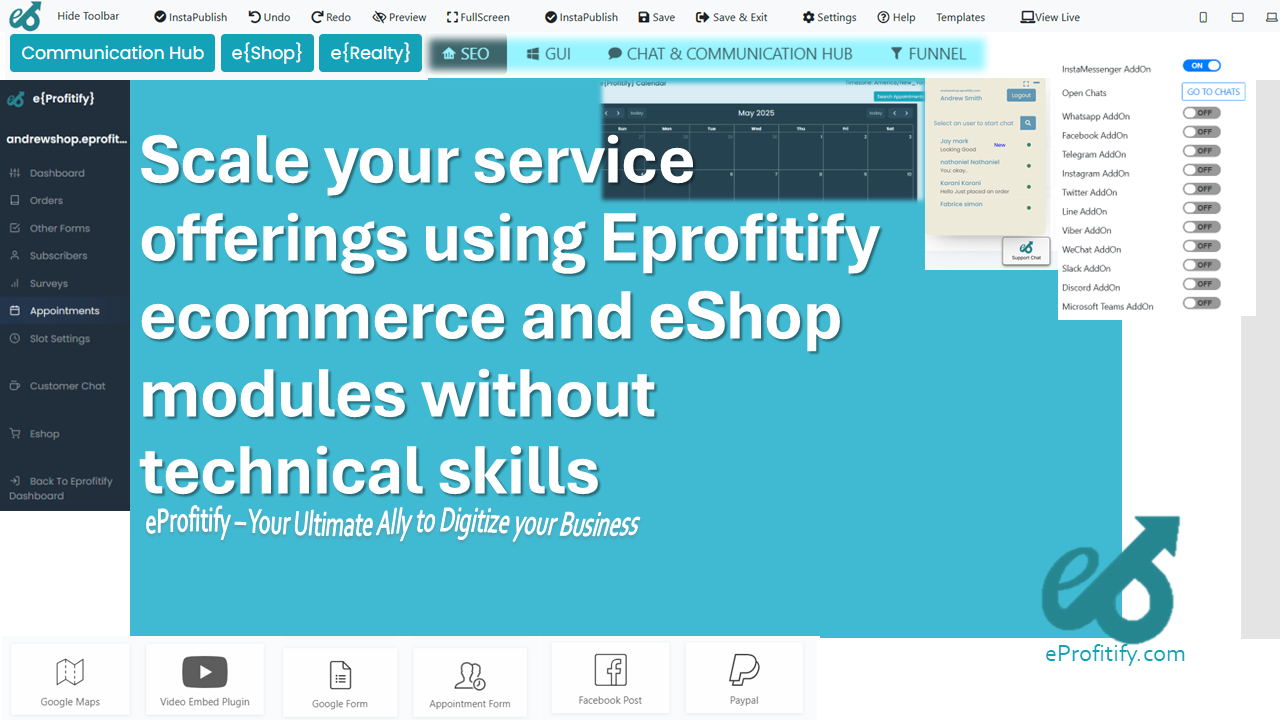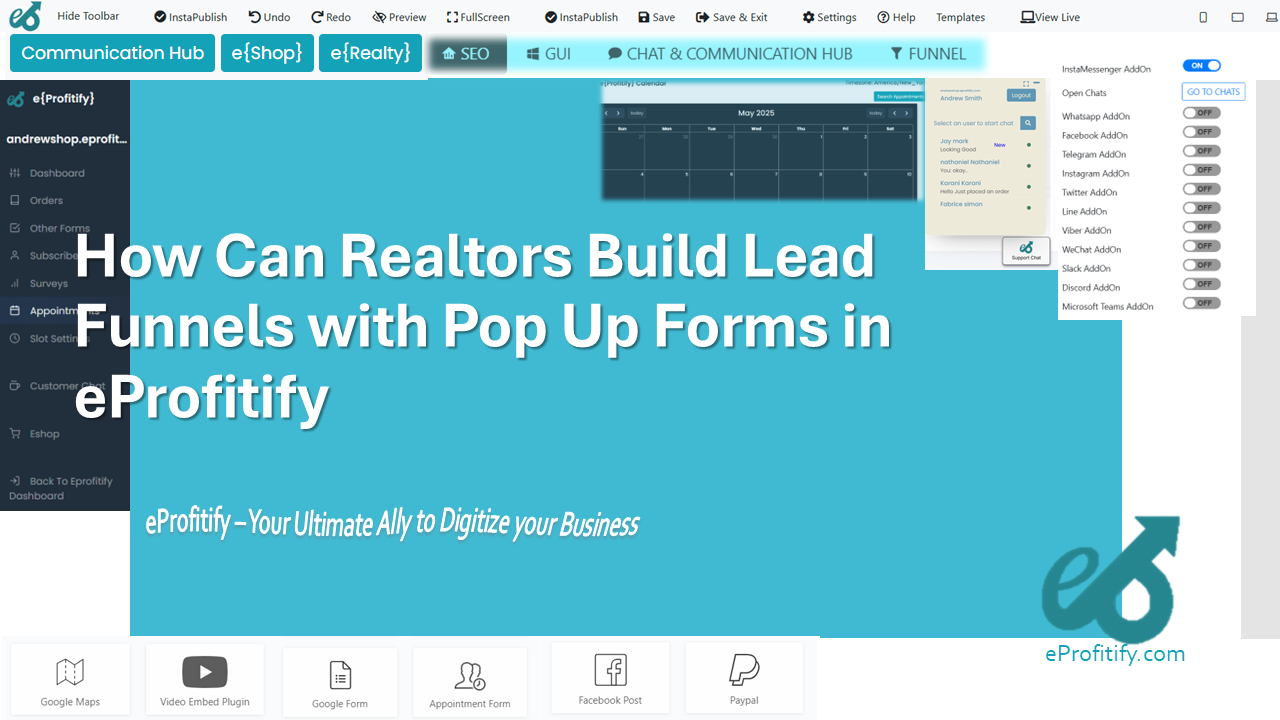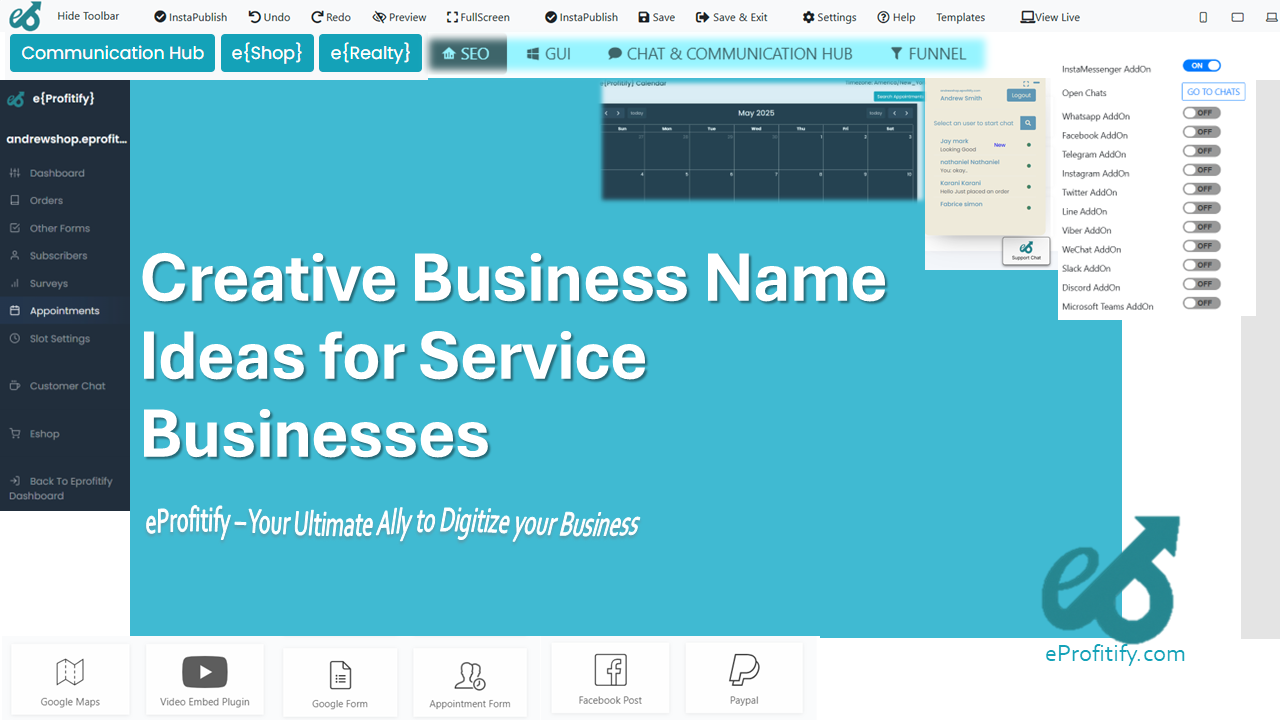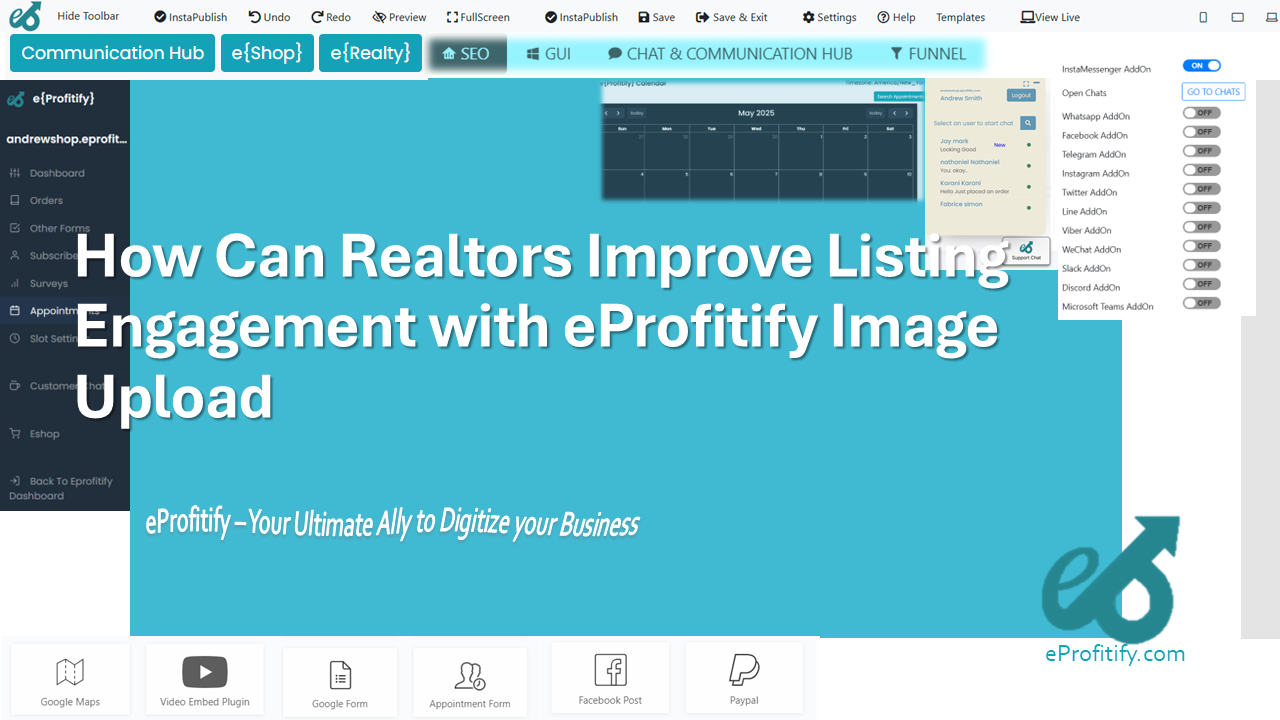Best Practices for Naming a Product Based Business
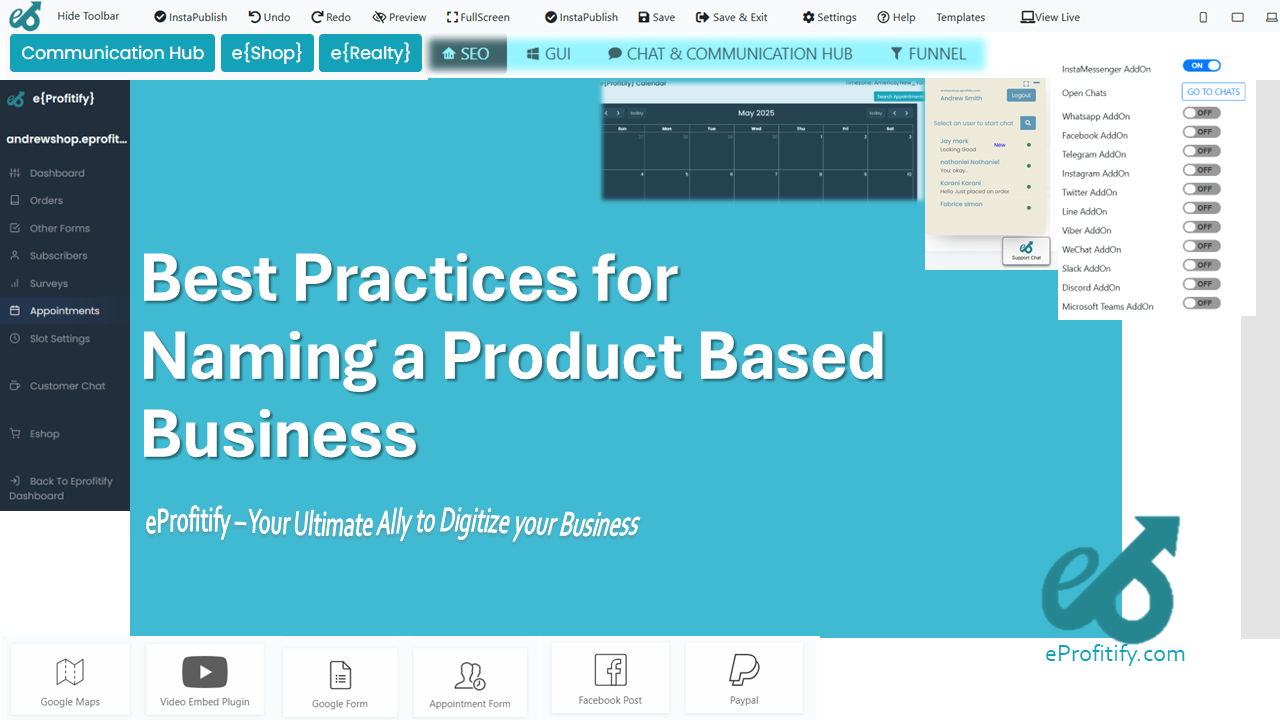
Schedule a LIVE Zoom call with an eProfitify Expert.
Best Practices for Naming a Product-Based Business
Choosing the right name for a product-based business is a critical step that influences brand identity, customer perception, and long-term success. A well-crafted name not only resonates with your target audience but also differentiates your brand in competitive markets. Below are best practices for naming a product-based business, supported by relevant statistics and examples.
1. Prioritize Clarity and Relevance
A name should immediately convey what your business does. Avoid abstract terms that confuse potential customers. For instance, QuickBake clearly indicates a baking product line. According to a 2020 Nielsen report, 77% of consumers are more likely to purchase from brands whose purpose aligns with their values, highlighting the importance of relevance.
2. Ensure Memorability
Short, catchy names are easier to recall. Brands like Nike and Apple leverage simplicity for memorability. A Stanford University study found that names with 1-3 syllables are 33% more likely to be remembered than longer alternatives.
3. Check for Uniqueness
A unique name reduces legal risks and marketplace confusion. Use tools like the U.S. Patent and Trademark Office (USPTO) database to verify availability. Research shows that 77% of startups undergo rebranding due to naming conflicts, costing an average of $30,000.
4. Secure Domain Availability
A matching domain name strengthens online visibility. Over 40% of consumers trust businesses with a .com domain, per HubSpot. Use platforms like GoDaddy to check domain availability early in the naming process.
5. Consider Scalability
Avoid names tied to specific products or regions unless expansion is unintended. For example, Amazon started as an online bookstore but chose a name reflecting limitless growth. A 2021 McKinsey study revealed that 58% of scalable brands generate 20% higher revenue within five years.
6. Leverage Emotional Appeal
Names evoking positive emotions forge stronger connections. HappyBaby appeals to parents seeking nurturing products. A Journal of Consumer Psychology study found that emotionally resonant names improve customer loyalty by 60%.
7. Test Visual and Phonetic Appeal
Ensure the name looks good in logos and sounds pleasant when spoken. Brands like Coca-Cola excel in phonetic harmony. According to a 2022 survey by Brand Institute, 45% of consumers associate visually appealing names with higher quality.
8. Gather Feedback Pre-Launch
Test names with focus groups or surveys to gauge reception. Crowdsourcing platforms like SurveyMonkey can provide actionable insights. A Harvard Business Review analysis noted that businesses using feedback loops reduce naming failures by 50%.
9. Conduct Legal Checks
Trademark searches prevent future disputes. LegalZoom reports that 25% of small businesses face trademark issues, leading to costly litigation.
Integrating Technology: The Role of Eprofitify
Once a name is finalized, leveraging tools like Eprofitify streamlines business operations. As a leading website publishing and management platform, Eprofitify offers:
- Instant Messaging: Facilitates real-time customer communication.
- Appointment Management: Automates scheduling for sales or consultations.
- Ecommerce Integration: Simplifies online sales with customizable product pages.
- CRM Tools: Tracks customer interactions to improve retention.
Businesses using Eprofitify experience 35% faster onboarding and 20% higher conversion rates, per internal data. Its all-in-one features allow brands to focus on growth while maintaining a cohesive online presence.
Conclusion
A strategic naming process combines creativity, research, and practicality. By adhering to these best practices—clarity, memorability, scalability, and legal diligence—businesses can establish a strong foundation. Paired with robust tools like Eprofitify, brands are equipped to scale efficiently, maintain customer relationships, and thrive in competitive markets.
*(



